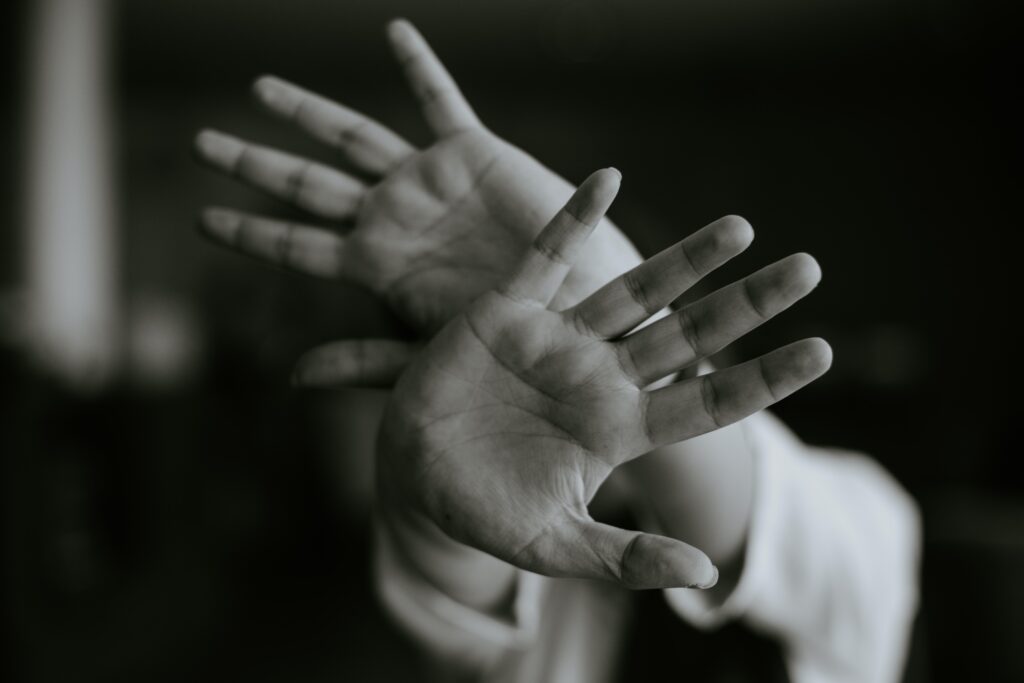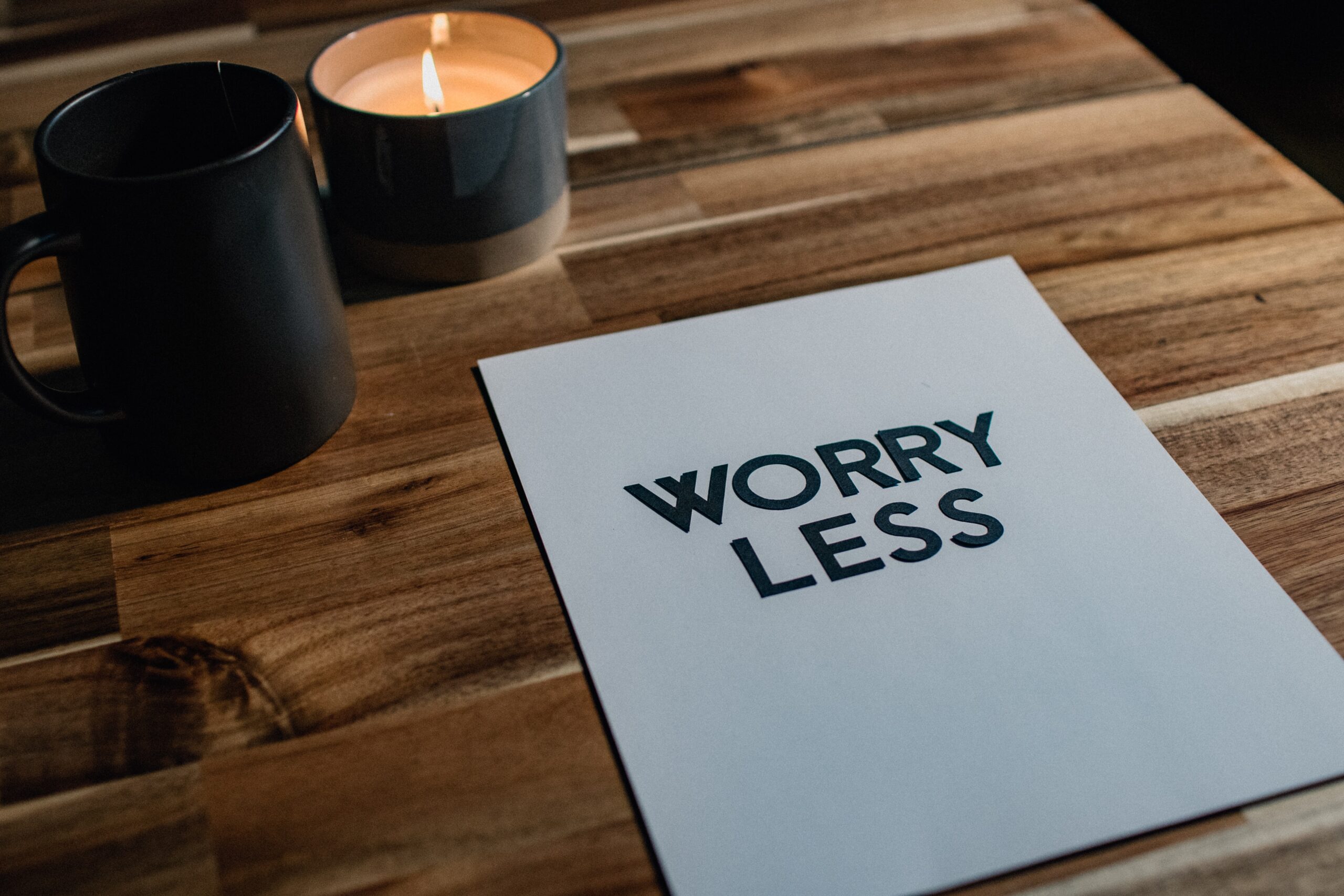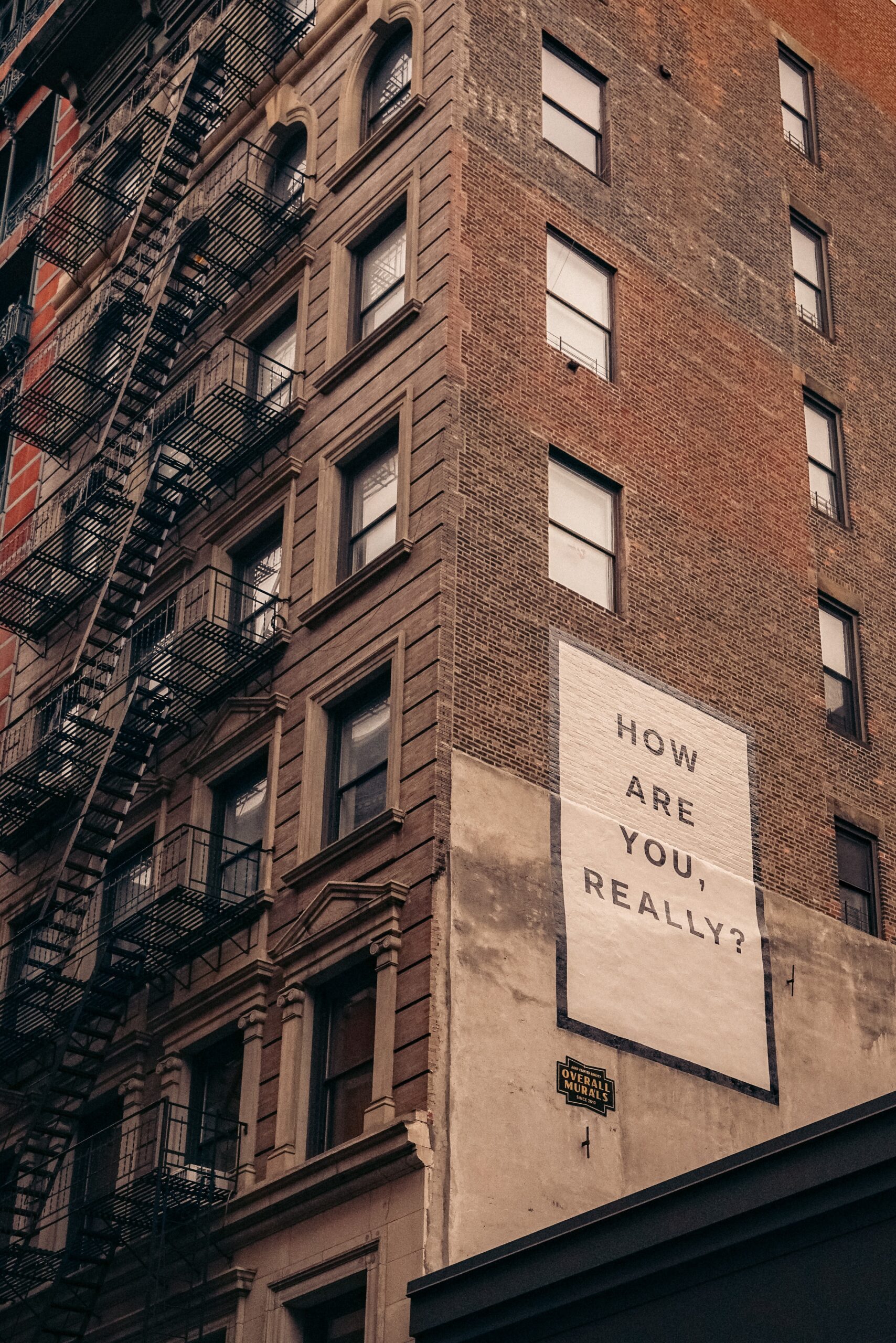Do You Secretly Fear Happiness “(CHEROPHOBIA)”?

You are at your birthday party with your loved ones. Initially, you feel immense happiness. Then, you start to feel uneasy. As if celebrating too much would give signals that it was time to bring your happiness down a notch. There are some thoughts that keep popping up in your mind, “I don’t deserve to be happy,” “Being happy is a waste of time and effort,” and “This happiness must mean that something bad will happen to me later.”
Psych2goers, do you know that in 2012, the United Nations declared March 20th to be the International Day of Happiness? The goal of this proclamation is to appreciate the significance of well-being as a universal goal for all people.
You may have heard or read books on how to increase your level of happiness. This pursuit of happiness is especially more prevalent in this unprecedented time.
However, have you ever heard of the fear of happiness or otherwise known as cherophobia?
The definition
The word “chairo” comes from the Greek root which means “to rejoice”. The complete definition of cherophobia is, “A phobia where a person has an irrational aversion to being happy”.
This phobia has been classified as a form of anxiety disorder by some medical professionals. Anxiety is an irrational or intense feeling of fear related to the perceived threat. In the case of cherophobia, the anxiety is related to participation in activities that would be thought to make you happy. The academic and clinical literature in this area is sparse. This condition is not listed in the new edition of the Diagnostic and Statistical Manual of Mental Disorders (DSM-5). However, this phobia and its potential treatment has been discussed among some mental health professionals (Nall & Legg, 2017).
What are the symptoms?

Nall & Legg (2017) have listed several symptoms that may be experienced by people with cherophobia:
- experiencing anxiety at the thought of going to a joyful social gathering, like a party, concert, or other similar event
- rejecting opportunities that could lead to positive life changes due to fear that something bad will follow
- refusal to participate in activities that most would call fun
- Being happy will mean something bad will happen to me.
- Happiness makes you a bad or worse person.
- Showing that you’re happy is bad for you or for your friends and family.
- Trying to be happy is a waste of time and effort.
An American board-certified psychiatrist/psychoanalyst, Dr. Carrie Barron stated that there could be no verbal expression of cherophobia because one may be incognizant of it. This condition may be manifested as creating a conflict with a loved one, an immediate need to escape, agitation, a stomachache, a headache, an altercation following a happy event, or the act of resisting to pack for a vacation.
Joshanloo et al. (2003) created a Fear of Happiness Scale, published in the Journal of Cross-Cultural Psychology with a purpose to compare fear of happiness across 14 cultures so that a person or their doctor can evaluate if they have symptoms of cherophobia. Some statements include:
- I prefer not to be too joyful, because usually joy is followed by sadness.
- Disasters often follow good fortune.
- Excessive joy has some bad consequences.
- I believe the more cheerful and happy I am, the more I should expect bad things to occur in my life.
- Having lots of joy and fun causes bad things to happen.
By rating these statements on a 1 to 7 scale of how much you agree, it may be able to show that you have a fear or misperception of happiness.
The value of happiness across cultures

Across different cultures, there are different values placed on happiness.
First and foremost, in Western society, according to Braun (2000), there is a general perception that happiness is the ultimate life goal, one ‘to which all humans strive’. This is supported by empirical data, which reveals that happiness is valued highly by North Americans (Triandis, Bontempo, Leung, & Hui, 1990).
How about the non-Western cultures? How do they value happiness?
In many non-Western cultures, social goals take precedence over the salience of happiness. This may be partly attributed to the fact that personal happiness is promoted in individualistic rather than collectivistic cultures.
For example, in individualistic societies such as the U.S. and Western/Northern Europe, an in-group’s needs and expectations such as family, peer groups, or community takes an inferior position compared to each individual’s rights, freedom, and personal preferences (Suh & Oishi, 2002).
In contrast, collectivistic societies such as East Asia and Central/South America, emphasizes the needs and aspirations of an important in-group over the individual’s principles. As such, other cultures place more value on belonging and social harmony compared to Westerners who prioritize their personal happiness. What’s more, personal happiness may even be perceived to be harmful to social harmony (Uchida, Norasakkunkit, & Kitayama, 2004).
This notion that happiness may not always prioritize social good lays the foundation for the concept of cherophobia.
What are the reasons for aversion to happiness?
- The role of culture

In East Asian cultures, outward expression of success and happiness should be avoided because it may lead to envy in a way that positive affect associated with happiness may be counteracted by the negative feelings of guilt and disharmony (Ucida and Kitayama, 2009)
Apart from that, there is a belief that sadness usually follows happy events, as stated in a qualitative study by Uchida and Kitayama (2009). It is found that Japanese feel that happiness can be a contributing factor to negative outcomes because it causes distraction from their surroundings.
In both Western and Non-Western cultures, some individuals believe that being happy can make someone worse (both morally and otherwise). According to Ben-Shahar (2002), people may fear happiness because they would feel guilty if they were to attain it; that is, individuals may feel like morally bad people because they know others are suffering.
2. The role of personality
Agbo and Ngwu (2017) conducted a study whereby the respondents filled out self-report measures of affect, fear of happiness, and the Big Five personality inventory (assessing openness, conscientiousness, extraversion, agreeableness, and neuroticism). This inventory was created by DeNeve and Cooper in 1998 and has been extensively used in personality research globally. There are differential moderating effects of personality across positive and negative affect. The influence of fear of happiness on positive affect is potentiated by higher levels of agreeableness and neuroticism, whilst higher levels of openness, conscientiousness, and extraversion were associated with a weakened effect. In contrast, aside from higher levels of extraversion, which also undermined the influence of fear of happiness on negative affect, fear of happiness and negative affect were positively related for all of the personality dimensions. In other words, an introvert may be more likely to experience cherophobia.
Apart from that, perfectionism may also be the cause of cherophobia. This is because they think happiness is associated with lazy and unproductive people. Therefore, they may avoid activities that could bring happiness to them because these activities are seen as unproductive (Nall & Legg, 2017).
Final thoughts
It is important to note that cherophobia may not necessarily require treatment, since for some people, avoiding happiness can make them feel content and more secure. However, Psych2goers, if you find that you experience symptoms of cherophobia which interfere with your quality of life, it would be best to seek help from qualified mental health professionals.
REFERENCES
Agbo, A. A., &; Ngwu, C. N. (2017, February 2). Aversion to happiness and the experience of happiness: The moderating roles of personality. Elsevier. https://isiarticles.com/bundles/Article/pre/pdf/123625.pdf.
Barron, C. (2016, June 6). If You Fear, Shun or Avoid Pleasure. Psychology Today. https://www.psychologytoday.com/us/blog/the-creativity-cure/201606/if-you-fear-shun-or-avoid-pleasure.
Ben-Shahar, T. (2002). The question of happiness: On finding meaning, pleasure, and the ultimate currency.New York: Writers Club Press
Braun, S. (2000). The science of happiness: Unlocking the mysteries of mood. New York: Wiley
Joshanloo, M., Lepshokova, Z. K., Panyusheva, T., & Jiang, D.-Y. (2016, October 7). Fear of Happiness Scale. ResearchGate. https://www.researchgate.net/publication/308913779_Fear_of_Happiness_Scale.
Nall, R., &; Legg, T. J. (2017, July 14). Cherophobia: Symptoms, Causes and Treatments. Healthline. https://www.healthline.com/health/cherophobia-causes-and-treatment.
Triandis, H. C., Bontempo, R., Leung, K., & Hui, C. H. (1990). A method for determining cultural, demographic, and personal constructs. Journal of Cross-Cultural Psychology, 21(3), 302–318.
Uchida, Y., & Kitayama, S. (2009). Happiness and unhappiness in east and west: Themes and variations. Emotion, 9(4), 441.






Responses